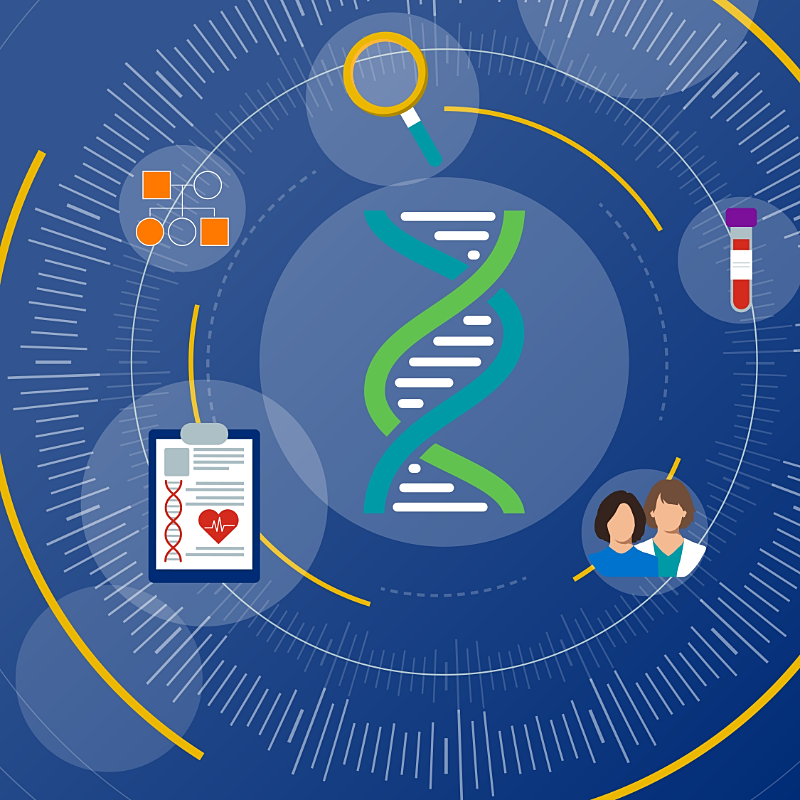Genetic Assistant Training Program
OVERVIEW

Emerging Role of the Genetic Assistant
The field of genetics has grown tremendously over the past decade and has led to increased demand for genetic services. The field of genetic counseling is expected to grow 29% between 2014 and 2026. To maximize their ability to deliver genetic services, many institutions are turning to a new role known as a Genetic Counseling Assistant to expand services and increase efficiency. These vital positions aid with clinical and research patient communication, data entry, genetic testing coordination, and administrative tasks. This program will provide knowledge and skills to learners considering a career as a Genetic Assistant1 or those recently hired into genetic assisting roles who need job training.
1We are using the term genetic assistant as the training will be valuable to those pursuing careers as genetic counselor assistants, as well as those who support medical geneticists, physicians, and laboratories, all of whom use genetic testing.
For students
Students considering a career as a Genetic Assistant or other position assisting genetic services providers will find this program useful as they prepare for future employment. Students will learn the fundamentals of clinical genomics and contemporary practice as well as the unique responsibilities and skills required to perform as a Genetic Assistant.
For employers
Institutions who have recently hired new Genetic Assistants are encouraged to consider enrolling their new hires in this program to get them up to speed more quickly and reduce internal training burdens. For institutions sending 3 or more learners, a volume discount is provided.
PROGRAM DESCRIPTION
The Genetic Assistant Online Training Program will provide knowledge and skills to learners considering a career as a Genetic Assistant or those recently hired into these roles who need job training. This program is comprised of two 10-week instructor-led courses designed with students’ goals in mind. The courses are delivered using a facilitated teaching approach to engage students and encourage interaction and participation. At the successful completion of the program, learners will receive a certificate of completion from the Johns Hopkins School of Medicine and the McKusick-Nathans Institute for Genetic Medicine. This certificate will document the learner’s competency in the knowledge and skills delivered in the program.
CURRICULUM

Fundamentals of Clinical Genomics
This course provides the fundamental background and tools of genetics that are utilized by the Genetic Assistant when working in a laboratory or clinic. Topics include an overview of the genetic contribution to health and disease past and present, cell biology and genetics, genetic testing technology and application, and clinical genetic services. The course will conclude with a discussion of the ethical and cultural considerations inherent to genetic and genomics. The course intends to provide an overview of various concepts of biology, medicine, genetic testing, and genetic counseling, so that students have background knowledge to learn their job-specific responsibilities.

Working as a Genetic Assistant
This course coordinates with Fundamentals of Clinical Genomics to apply these concepts to the duties of the Genetic Assistant. The course materials walk the learner through a typical patient case, starting with the patient visit, then transitioning to pre-test coordination, sample submission, laboratory processes and regulations, and post-test follow-up. Practical exercises will expose learners to the world of genetic laboratories, test coordination, and patient interactions.
OFFERING DATES
| Fall 2025 | September 8, 2025 - November 14, 2025 |
|---|---|
| Spring 2026 | January 19, 2026 - March 27, 2026 |
| Summer 2026 | June 1, 2026 - August 7, 2026 |
| Fall 2026 | September 14, 2026 - November 20, 2026 |
REGISTRATION & TUITION
Individual Tuition:
- $1,250 per course
For institutions enrolling three or more learners in a single semester:
- $1,000 per course
We encourage students to enroll in both courses simultaneously as some projects may span both courses. However, students may choose to take courses separately provided they finish both courses within a year from starting the program.
Tuition is due at time of registration and failure to pay may result in cancellation of registration.
FREQUENTLY ASKED QUESTIONS
Click a question below to view its answer.
Applying
What is the deadline for application?
Are there any prerequisites?
When does the course start?
Program
What is the weekly time commitment for the program?
Is this program all online?
Will I need to be online at specific times?
When will I get access to the courses?
Do I need to take both courses simultaneously?
What are the evaluative components and assignments?
What topics are covered in the program?
Completion
Is this program part of a degree program?
What will I receive upon completion of the program?
Can I get a copy of my transcript?
Finance
Do these courses qualify for tuition remission?
What types of payment are accepted?
Are there any additional costs associated with the program?
Do you offer financial aid?
What are the policies on refunds/withdrawals/transfers?
Technical
Who do I contact for technical support?
What accommodations are available?
The full disclosure statement from Canvas may be found on Canvas’s Accessibility webpage. You can reach out to JHOnline@jhmi.edu for inquiries related to accommodations for this program. For complete information on Johns Hopkins University's Disability Services, please visit the Office of Institutional Equity's website.

